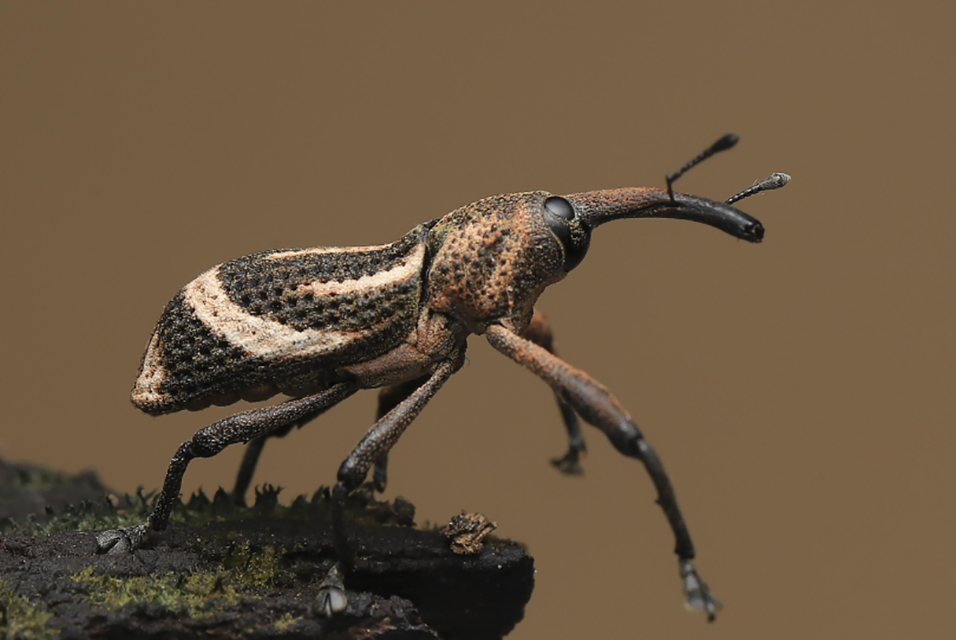LUND.- Insects heavily rely on bacteria for essential nutrients that are lacking in their diet. This has allowed insects to access a wide variety of food, leading to remarkable species diversification in some cases, according to a new study from
Lund University in Sweden.
Insects are crucial for biodiversity and among the most successful species on the planet. However, until now, it has been unclear how they could exploit such a diversity of food sources. According to a recent study published in the scientific journal Nature Ecology and Evolution, bacteria have played a crucial role.
"Insect diets range from human blood, in the case of mosquitoes, to the wood used to build our houses, in the case of termites. The common denominator is bacteria. Our findings show that bacteria play a crucial role in providing insects with the nutrients they need to survive and thrive," says Charlie Cornwallis, biology researcher at Lund University.
The study, which included Weevils, shows that bacteria consistently provide insects with vitamin B, a vital nutrient they cannot make themselves. Insects have become so dependent on bacteria that they have developed new organelles to house them – so called bacteria factories.
"The nutrients provided by bacteria have enabled insects to survive on highly unbalanced diets and exploit new types of food resources. Some insects, such as aphids, solely feed on phloem, essentially sugary water. Imagine being able to lead a healthy life only on sweets!" says Charlie Cornwallis.
However, the effects of bacteria on insect diversity and variation are not straightforward. In certain insect families, specialization on specific diets involving blood has halted species diversification. But in most cases, such as plant-feeding insects, dietary specialization is linked to a significant increase in species.
“Insects are all around us and influence our every walk of life. They spread diseases and even threaten food production as crop pests. Knowing how and why insects survive and diversify is important for understanding the evolution of the natural world and its influence on our own well-being.”, says Charlie Cornwallis.









